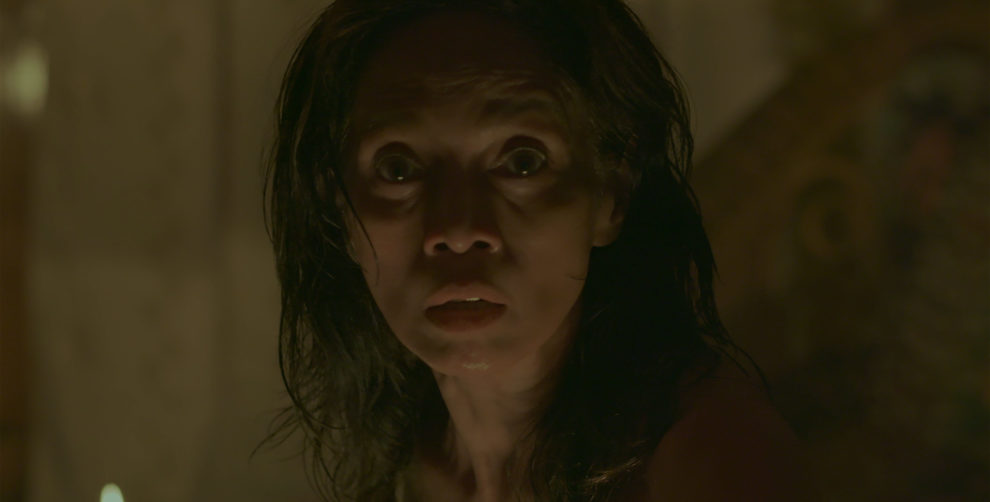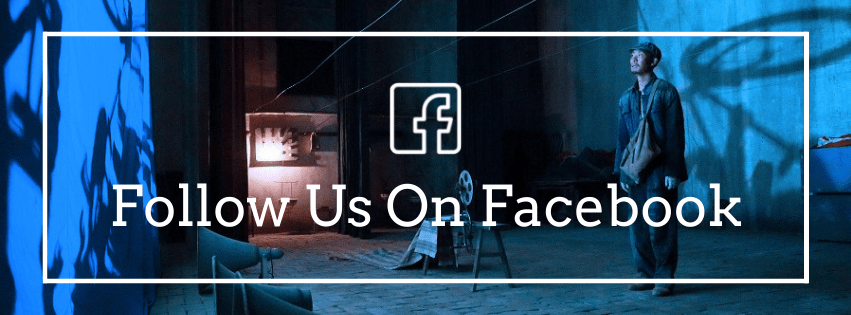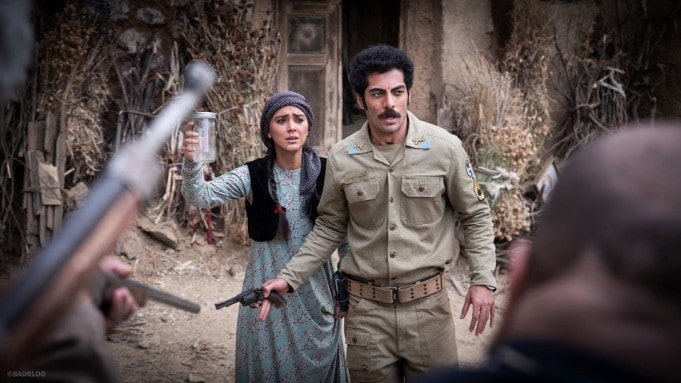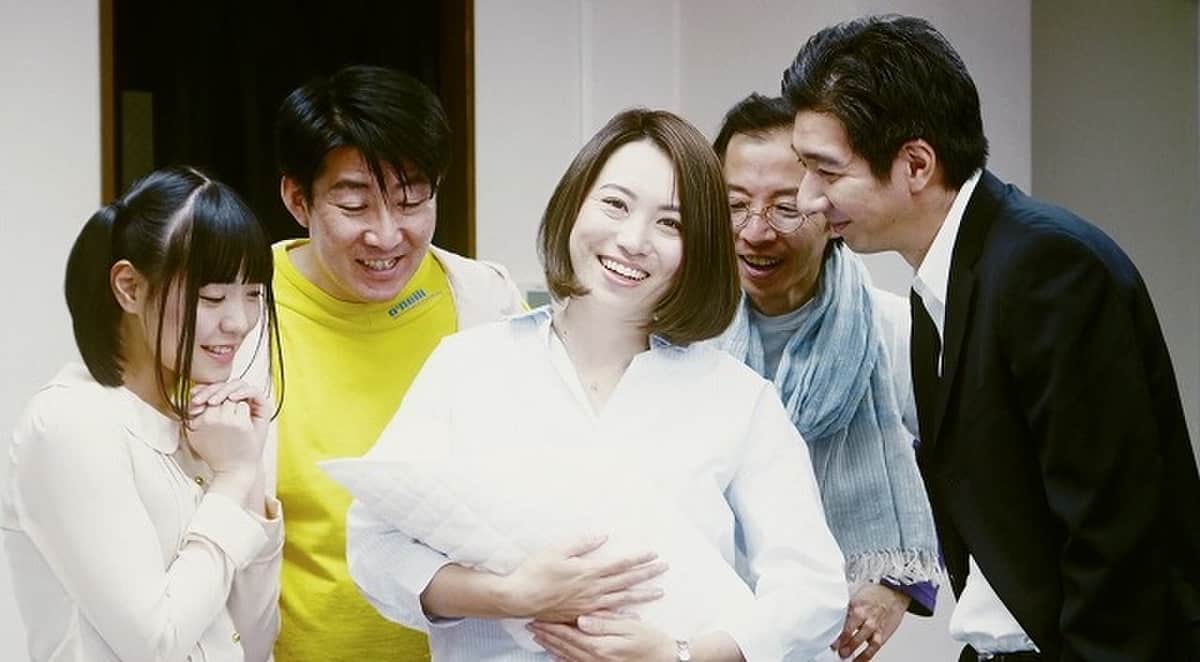Continuing in the style of Eric Khoo's project “Folklore” where horror was combined with intense social commentary, Erik Matti presents his own omnibus, inspired by the hardships the whole world, but particularly the Philippines experienced during the pandemic, through four stories.
“Rabid” is screening at Udine Far East Film Festival

The first and longest segment is titled “Bad Luck is a B*tch” and focuses on a bourgeois family of three, who end up hiring an unknown middle-aged, deaf-mute woman as their maid, after the mother of the family feels sorry for her. Despite the caution the daughter asks her parents to exercise, the two of them are happy with the cooking of the newcomer, and do not pay much caution to her. When the daughter witnesses the “deaf-mute” performing a ritual naked in their living room, the father decides to kick her out but comes across a witch that can control their actions with the sound of her voice.
Invoking a home-invasion approach, Matti highlights the concept of feeling trapped in your own home, a rather prevalent one during the lockdowns, the fear of any kind of human interaction the pandemic led to, and on a secondary note, class division. His presentation is highly entertaining at the same time, with the black humor, the sense of disorientation that derives from the lack of any kind of intro to the segment and eventually permeates the whole narrative, and the sound coming out of the mouth of the stranger, which is essentially the soundtrack here. Jay Glorioso gives an astonishing performance as the evil hag, with her long neck and overall physical appearance, the theatricality of her performance and her “croaking” being the highlight of the whole film.
The second, briefest and most minimalistic segment is ironically titled “Nothing Beats Meat” and takes place in a cave bunker during a zombie apocalypse, where a husband, following the instructions of a friend, tries to unzombify his wife in the most hilariously grotesque fashion. The black and white cinematography works quite well here, in a style much reminiscent of Sabu's “Miss Zombie”, also narrative-wise. At the same time, the comment about the hardship of people having to care about their Covid-infected relatives is rather eloquent.
“Sh*t Happens” focuses on Becky, a new recruit nurse in a hospital, who finds herself tormented by an elderly patient named Luzviminda, who keeps “attacking” and attacking the nurse with vomit and excrement. Set up as a haunted hospital horror story, the segment also highlights Matti's dark sense of humor particularly through a series of scenes that could easily be described as disgusting. The comment here focuses on the hardships people working at hospitals had to face during the pandemic, the shortcomings of the Filipino health system, while the director also deals witht illegal employment and the efforts of immigrants to get green cards. Ube Lola as Luzviminda gives another memorable performance.
The fourth episode is titled “HM? (from Home Made) and revolves around a single mother, whose extensive unemployment eventually leads into online cooking. Her first efforts are met with intense failure, but eventually, through an “agreement” with a dark power, finds an ingredient that makes all her cooking impossible to resist. As she becomes famous, however, the consequences of the ingredients become evident, and her son is the first to show the symptoms.
The most heavy in social commentary segment deals with the way start-ups on the web work, the financial issues the lockdown created particularly in terms of unemployment, the lack of government help for single mothers, and the dependence on the web which became even more intense during the lockdown. In entertainment terms, the paranoia that eventually engulfs the life of the two is excellently portrayed, with the transformation of the boy to something really scary being the best part of the segment, in that regard.
As is usually the case with omnibuses, the quality of the segments is not on the same level, with the first one being clearly on a higher level than the rest. Nevertheless, the combination of brief durations, horror and black comedy aesthetics, and intense social commentary work excellently for the omnibus, essentially carrying it from beginning to end. Truth be told, however, and in a personal note, I would prefer to see the first part as a full feature.

















HM stands for how much in the online business world
This looks really fun! Is it available to stream anywhere yet?